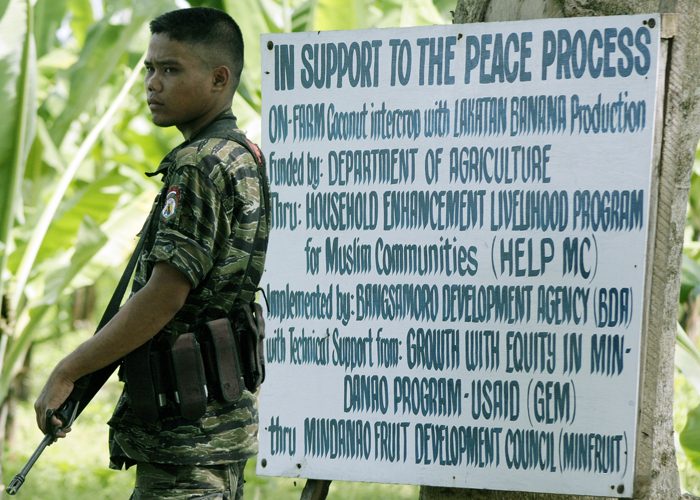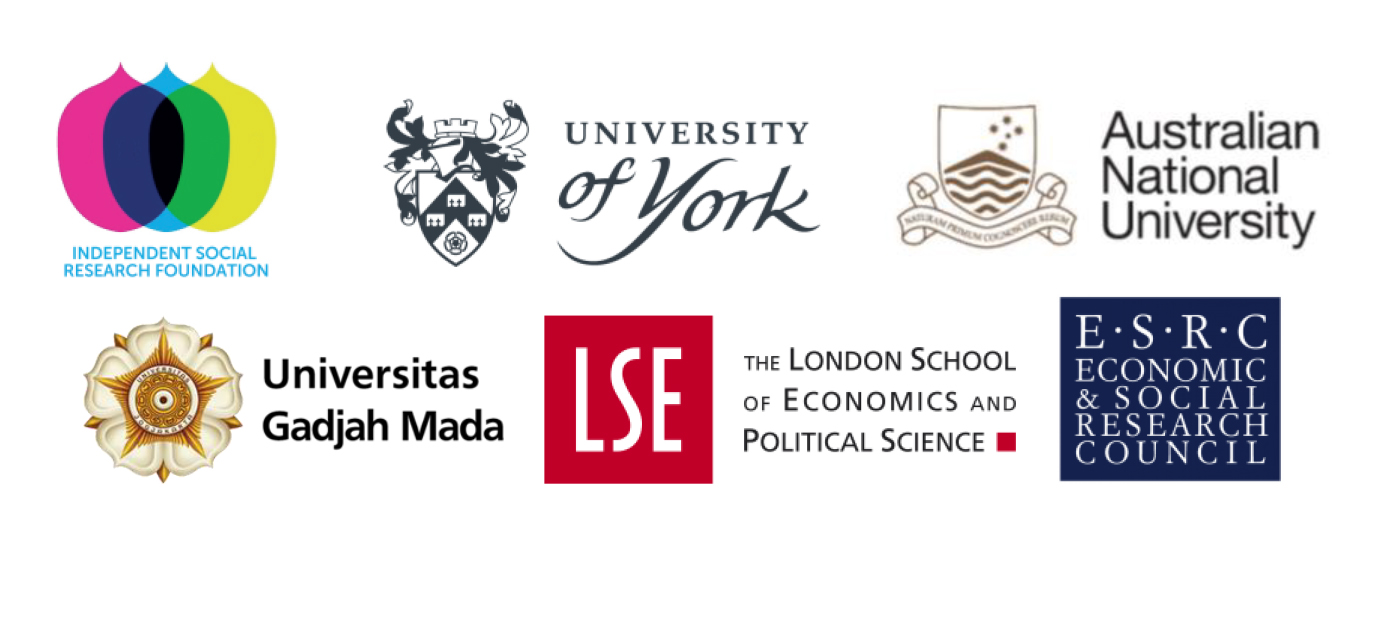Comparative Peacebuilding in Asia:
National Transitions from Ethnic Conflict and Authoritarianism
General Call For Papers
Following a successful conference in Colombo and Jaffna, Sri Lanka, our next two conferences will be held in Yogyakarta, Indonesia (December 7-11, 2017), and London, United Kingdom (July 2018), with support from the Economic and Social Research Council (ESRC), and the Independent Social Research Foundation (ISRF).
Ambition
Our series of three conferences seeks to promote research and facilitate interdisciplinary discussions on nationally driven peacebuilding processes in conflict-affected South and Southeast Asia. There has been an extraordinary expansion of academic interest in this field, and a new generation of scholars is producing exciting research drawing on theoretical innovations and empirical advances, including interesting comparative work.
We see particular advantages in research that considers conflict resolution alongside trajectories of post-authoritarian transition in the Asia region. Our objective is to create opportunities for the study of nationally, or domestically, driven modes of peacebuilding in order to connect new ideas, gain exposure to comparative cases, develop common conceptual categories, achieve comparative and thematic depth, speak across disciplines, gain rigour in analysis, and to build momentum.
We aim to bridge academic nodes and peacebuilding knowledge and practice in the UK, Europe, Australia, North America and Africa, with Asia, and also to connect scholars and policy-makers within South and Southeast Asia. In particular, we are looking for contributions that deal with domestically-driven, liberal and/or illiberal peacebuilding conditions in Sri Lanka, Nepal, Myanmar, Indonesia, Cambodia, India, Timor-Leste, Philippines, and Thailand.
Research questions
To frame and develop this discussion we are calling for empirically-grounded papers that deal explicitly with one or more of the following key questions:
- What modes of domestic peacebuilding have regimes selected across the region, and why?
- Is illiberal peacebuilding a useful concept to understand domestic modes of peacebuilding, and to what extent does it differ from liberal modes seen in the region?
- How do the policies and practices of domestically driven peacebuilding vary across different states and why?
- What is the frictional engagement between different modes of peacebuilding at international, regional, national, and local levels?
- How durable have domestic peacebuilding processes been? What are the outcomes of different modes of peacebuilding, on which groups, and how do we explain that variation?
- Has democratic institutional deepening and the end of authoritarianism in Asia complemented ethnic conflict resolution, or weakened it, thus far?
To apply
We welcome both established and early career scholars to contribute papers to this series of conferences, in particular those with an interest in comparative political analysis and/or nationally driven peace processes. We also intend to identify and attract PhD students across disciplines. We especially seek to reach out to promising scholars from universities and research institutes in Asia, to provide mentoring and co-publishing opportunities, and the potential for inclusion in future joint research projects.
In the next round, we seek papers for our upcoming conference in Yogyakarta, Indonesia, 7-11 December 2017, hosted by Universitas Gadjah Mada. All selected participants will be fully funded to attend the conference, including flights, local transport, accommodation and food during the conference. However, only those participants who can guarantee an original field research-based paper, addressing directly one or more of the research questions outlined above, and submitted by 24th November 2017, will be funded to participate. Previously unsuccessful applicants are welcome to resubmit an application, indicating whether they are presenting a different or revised paper. The ambition is for a range of papers from across the conferences to be published in a special edition on Comparative Peacebuilding in Asia.
To express interest in contributing to this conference series please submit a 300-word abstract of a research paper, with direct reference to one or more of the research questions outlined above, and a short CV (no more than 2 pages) by 9 October 2017 to [email protected] with “Comparative Peacebuilding” as the subject line.
Series convenors
Dr Najib Azca, Gadjah Mada University, Indonesia
Dr Nicholas Farrelly, Australian National University
Dr Claire Smith, University of York, UK
Dr Rajesh Venugopal, London School of Economics and Political Science
Dr Lars Waldorf, University of York, UK
 Facebook
Facebook  Twitter
Twitter  Soundcloud
Soundcloud  Youtube
Youtube  Rss
Rss 
